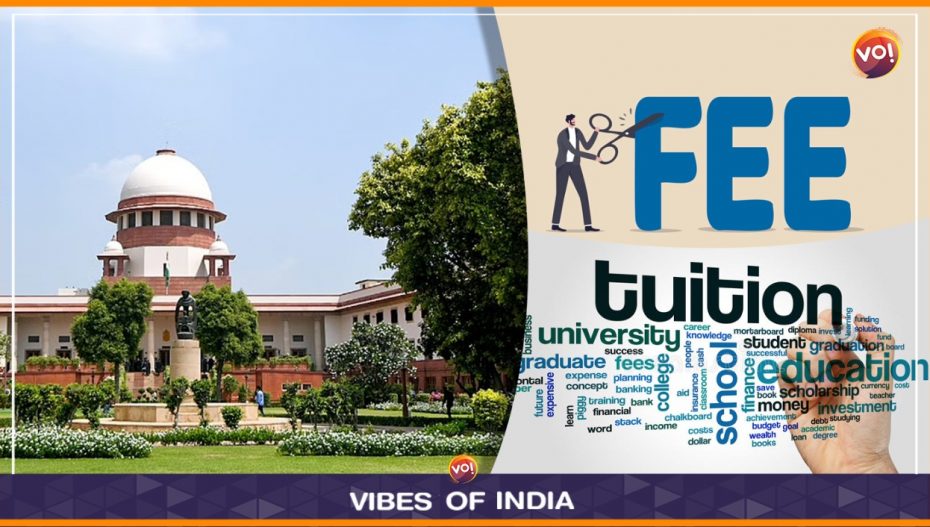Stating that education is not a profit-making business, the Supreme Court has ruled that tuition fees should always be affordable. A bench headed by Justice MR Shah asked the Andhra Pradesh government to set aside the decision of increasing the tuition fee in medical colleges to Rs 24 lakh per annum and upheld the order of the Andhra Pradesh High Court.
“It is not at all appropriate to increase the fee to Rs 24 lakh per annum i.e. seven times the already fixed fee. Education is not a profit-making business. Tuition fees should always be affordable,” The Supreme court said while slamming the government’s decision to increase the tuition fees of MBBS students. The verdict came while dismissing the plea of Narayana Medical College challenging the order of the Andhra Pradesh High Court.
The Apex Court on Monday upheld the High Court’s direction to refund the balance amount of tuition fee collected vide Government Order dated 6th September 2017 as per its earlier decision by order dated 18th June 2011.
Observing that the college management cannot be allowed to retain the amount collected as per illegal government order, the Bench observed that the High Court has not committed any error in issuing such directions.
It also imposed a fine of Rs 2.5 lakh on the petitioner college and the Andhra Pradesh government and asked them to deposit the amount in the court registry within six weeks.
The apex court concurred with the High Court that while considering the provisions of the Andhra Pradesh Admission and Fee Regulatory Committee (AFRC), the professional courses under the Private Unaided Professional Institutions Rules, 2006, the fee cannot be increased or fixed without the recommendations of the committee.
It said that the fixation of fee or review of fee shall be within the parameters of the assessment rules and shall be directly related to the factors mentioned in Rule 4 of the Rules, 2006.
The location of the professional institution; the nature of the vocational course; the cost of the available infrastructure; expenditure on administration and maintenance; reasonable surplus required for the growth and development of the institution; and other sections of the society.
Noting that all these factors such as the location of the professional institution; the nature of the vocational course; the cost of the available infrastructure; expenditure on administration and maintenance; reasonable surplus required for the growth and development of the institution; and other sections of the society were required to be considered by the AFRC while determining or reviewing the tuition fees, the Bench observed that the quashing of the Government Order dated 6 September, 2017 by the High Court was justified.
Also Read: Air Quality Worsens In Ahmedabad, GPCB Sends Notice to AMC For Pirana Garbage Dump












